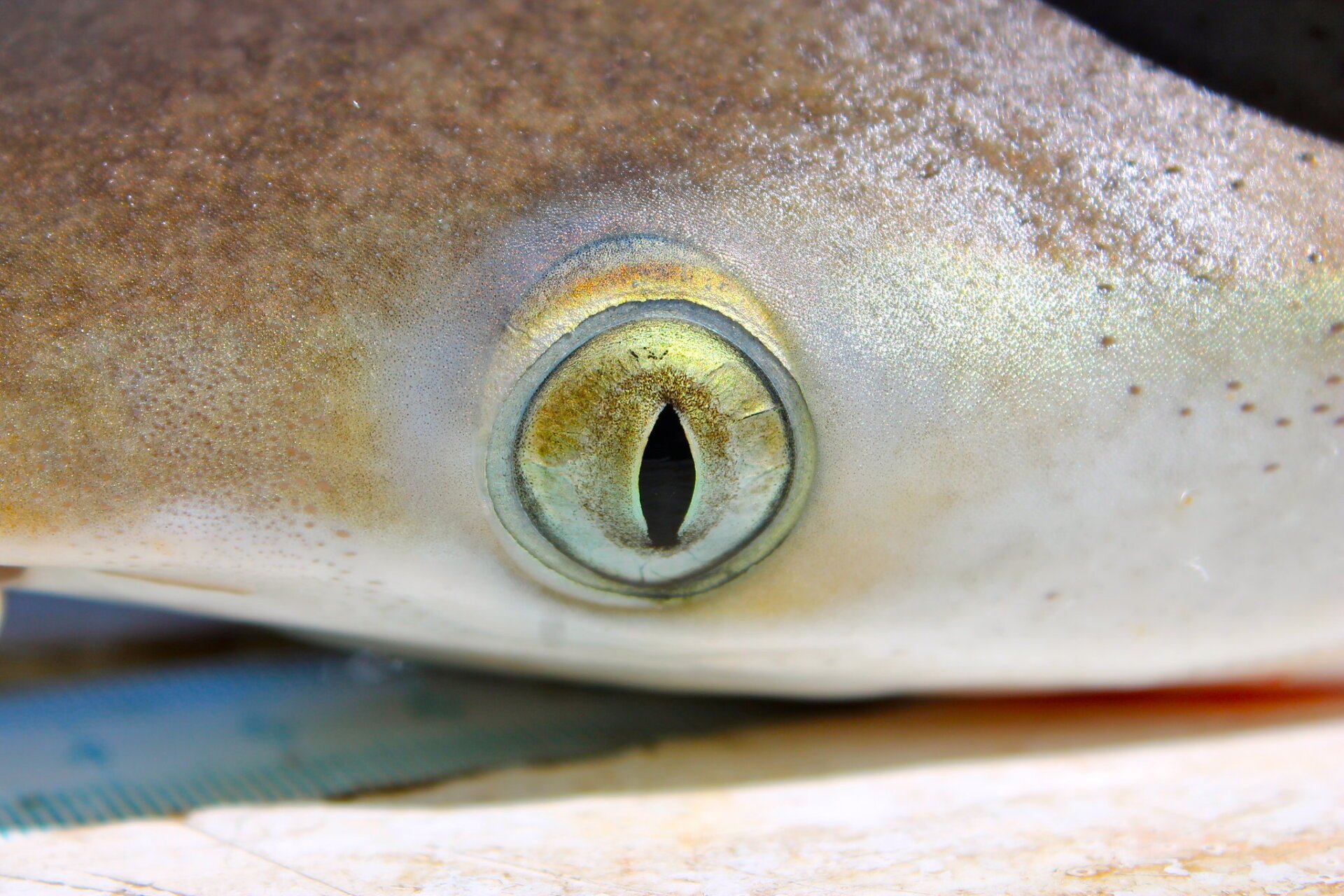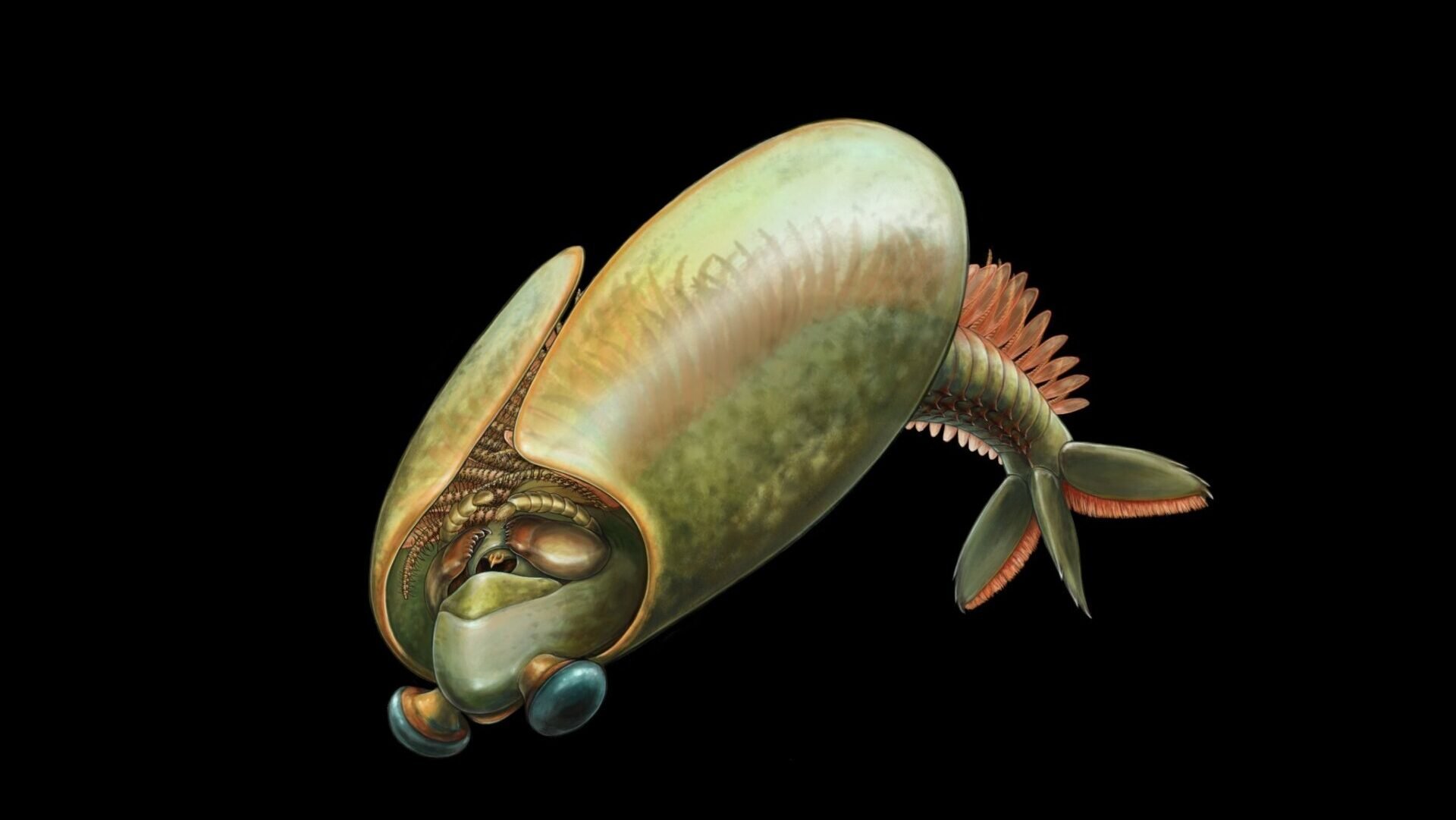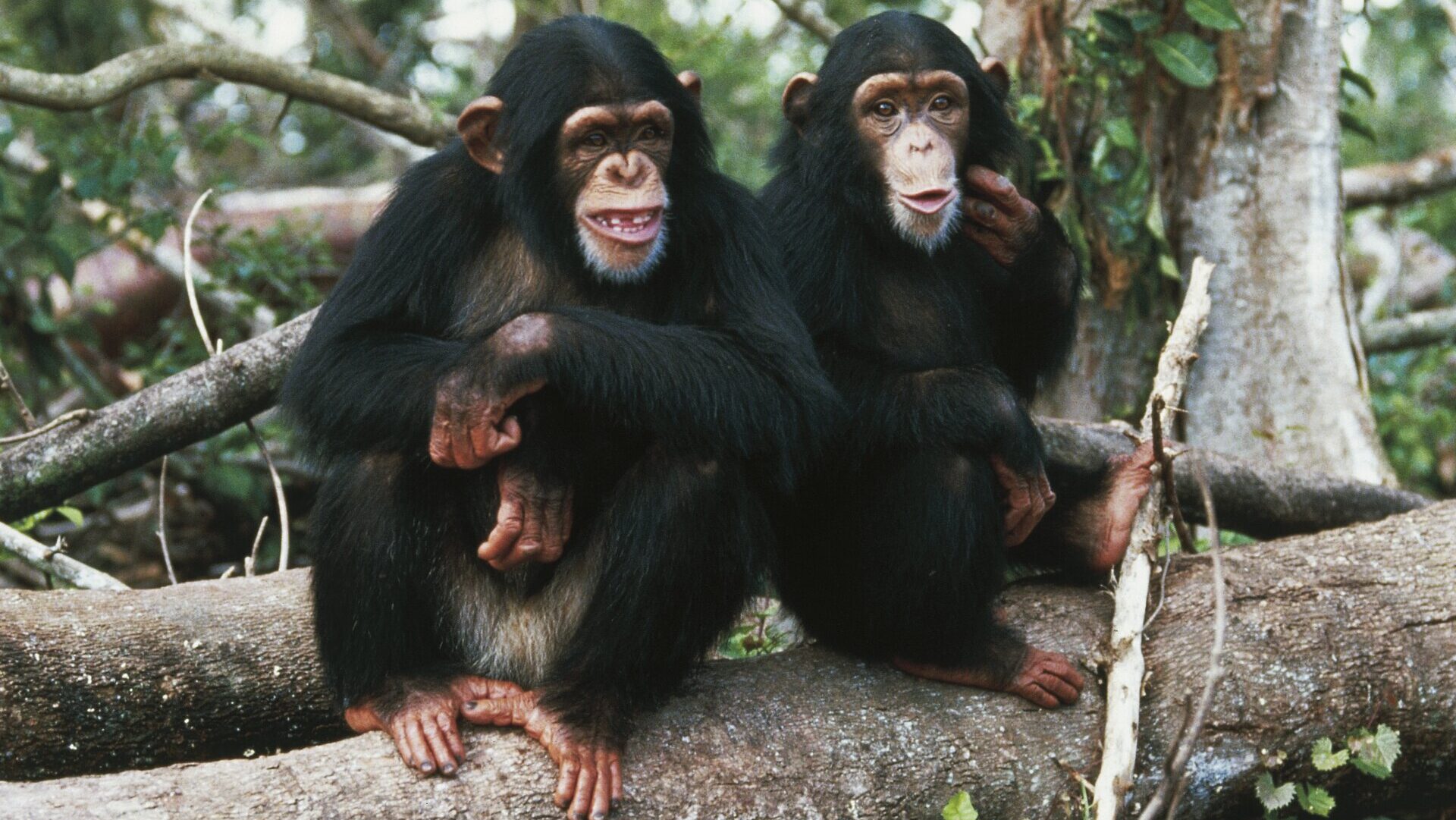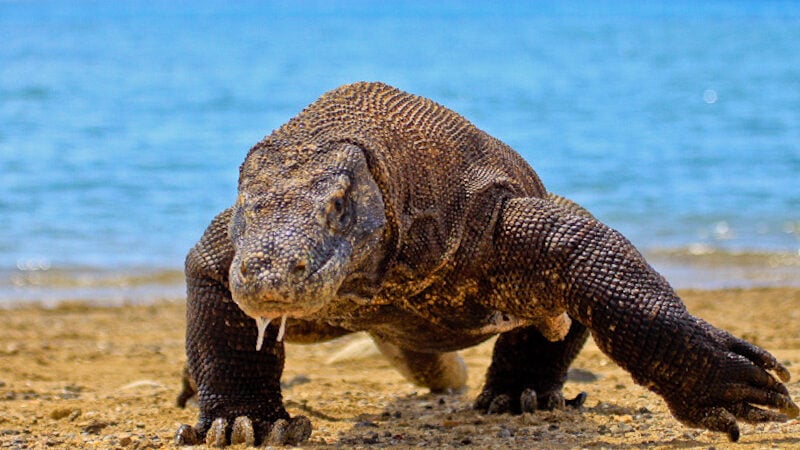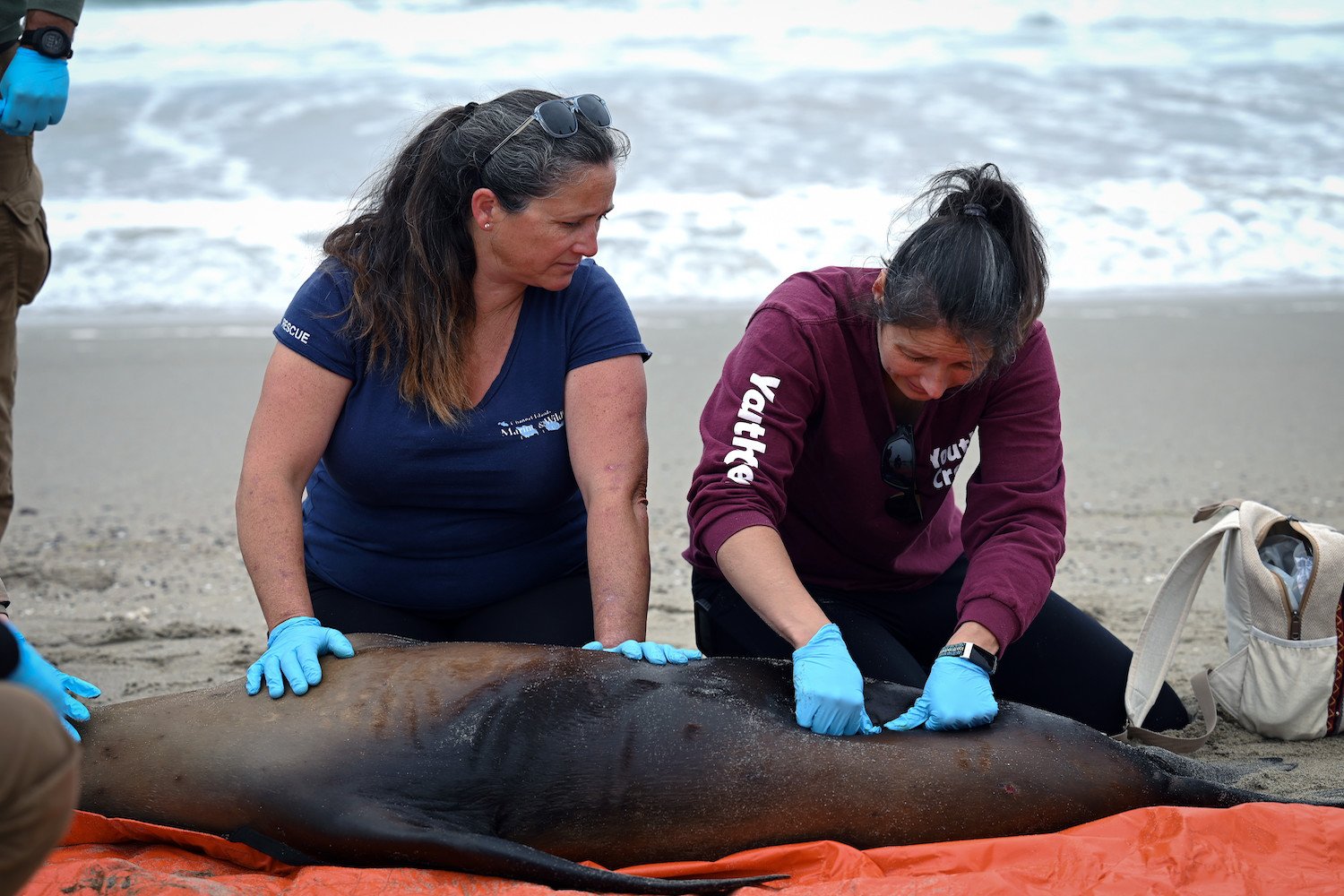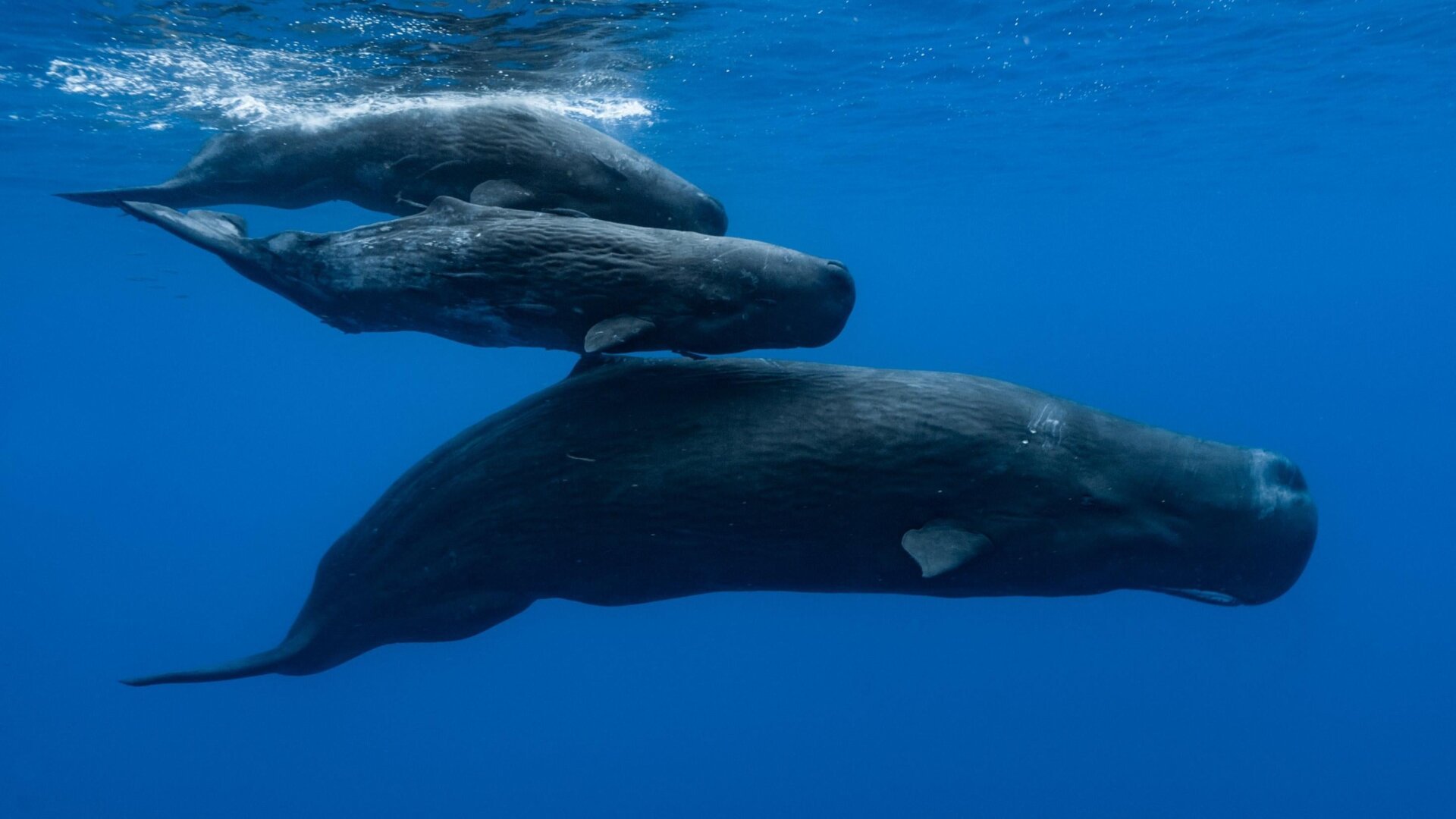The B-movie Cocaine Shark may seem far-fetched, but a recent study reveals a disturbing reality: traces of cocaine have been found in sharks near Brazil. While not transforming them into crazed predators, the presence of this drug in marine life raises serious environmental and health concerns.
Cocaine enters the ocean through various channels, including inadequate sewage treatment and discarded drug packages from smugglers. These packages can be broken open by marine life, releasing the drug into the water. Studies have documented cocaine traces in sewage and surface waters in numerous countries, impacting various aquatic species like mollusks, crustaceans, and bony fish. However, research on the effects of cocaine on sharks has been lacking until now.
A recent study published in the Science of the Total Environment investigated the presence of cocaine in Brazilian sharpnose sharks. Researchers captured 13 sharks off the coast of Rio de Janeiro and analyzed muscle and liver samples for cocaine and its metabolites. The results were alarming: every shark tested positive for cocaine, and 12 out of 13 had benzoylecgonine, a byproduct of cocaine metabolism in the liver.
While this study focused on Brazilian sharpnose sharks, the researchers acknowledge the potential for other species to be exposed. Many shark populations are already declining due to overfishing, and cocaine exposure could exacerbate the problem. The drug may damage shark DNA, impair fat metabolism, or induce behavioral changes, potentially impacting their survival.
The researchers highlight the potential health risks for humans as well. Shark meat is consumed globally, including in Brazil, where the study took place. Ingesting cocaine-contaminated shark meat could pose health risks to consumers.
Further research is needed to determine the long-term effects of cocaine exposure on sharks and the potential consequences for the marine ecosystem. This study underscores the far-reaching impact of human activities on the environment and the interconnectedness of human and animal health.
The findings raise concerns about the broader implications of pollution on marine life. The presence of cocaine in sharks highlights the need for improved waste management and stricter drug control measures to protect our oceans and the creatures that inhabit them.



